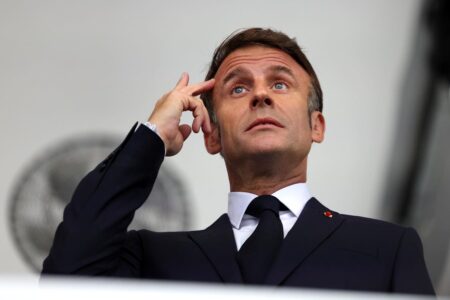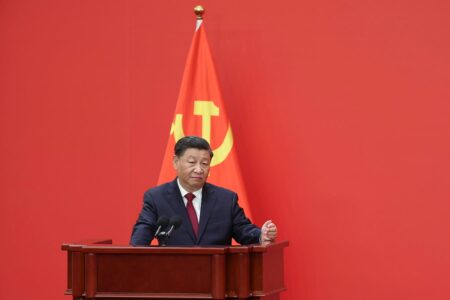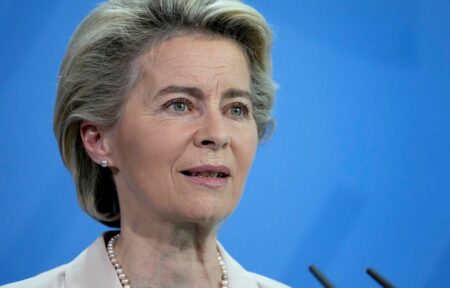JPMorgan’s market capitalisation is now greater than that of the top ten euro-zone banks, underlining the enormous gap in progress that EU banks have made since the global financial crisis. One policy response to that, in 2014, was the launching of the capital markets union (CMU) which was headlined by the aim of moving corporate financing away from bank lending to deeper capital markets, and the harmonisation of finance regulations so that capital can flow better across the euro-zone.
The capital markets union soon fell by the political wayside (there have been some advances such as the ELTIF – long-term financing product but little has been done to align pension, insolvency and tax frameworks). However, the CMU is now being touted as a necessary part of Europe’s ‘rearming’ (investment in green technology, AI/Supercomputing and defence technology).
With financing in the US for technologies like AI still dwarfing that in Europe, the capital markets project is being re-examined and one ‘big project’ is a proposed EU version of the Securities and Exchange Commission.
This initiative, led by France would potentially widen the scope of the EU securities regulator (ESMA) to oversee investment platforms, faced voluble pushback from other nations at an EU summit last week. A sense of the division between nations is the fact that Ireland’s finance minister Michael McGrath and prime minister warned that the proposal might impose higher costs on Irish banks even though the capital markets union project is partly driven by an Irish officials (Commissioner McGuiness).
As such, apart from agreeing to ‘move forward’ with CMU, EU leaders have not agreed any new concrete elements of CMU, but have restated the current framework.
Given the economic and geopolitical urgency facing Europe, the lack of momentum on capital markets union is disappointing, and the division within individual country governments suggest that the strategy has not been given time in policy debates, even though senior politicians like Macron and ECB president Lagarde view the CMU as an important part of Europe’s advancement.
It is likely that both Lagarde and French finance minister Bruno LeMaire will continue to push this, but with only lukewarm German support it is unlikely to work well. At this stage it is unclear whether other avenues – banking consolidation or even the consolidation of stock exchanges, picks up pace.
Read the full article here
















